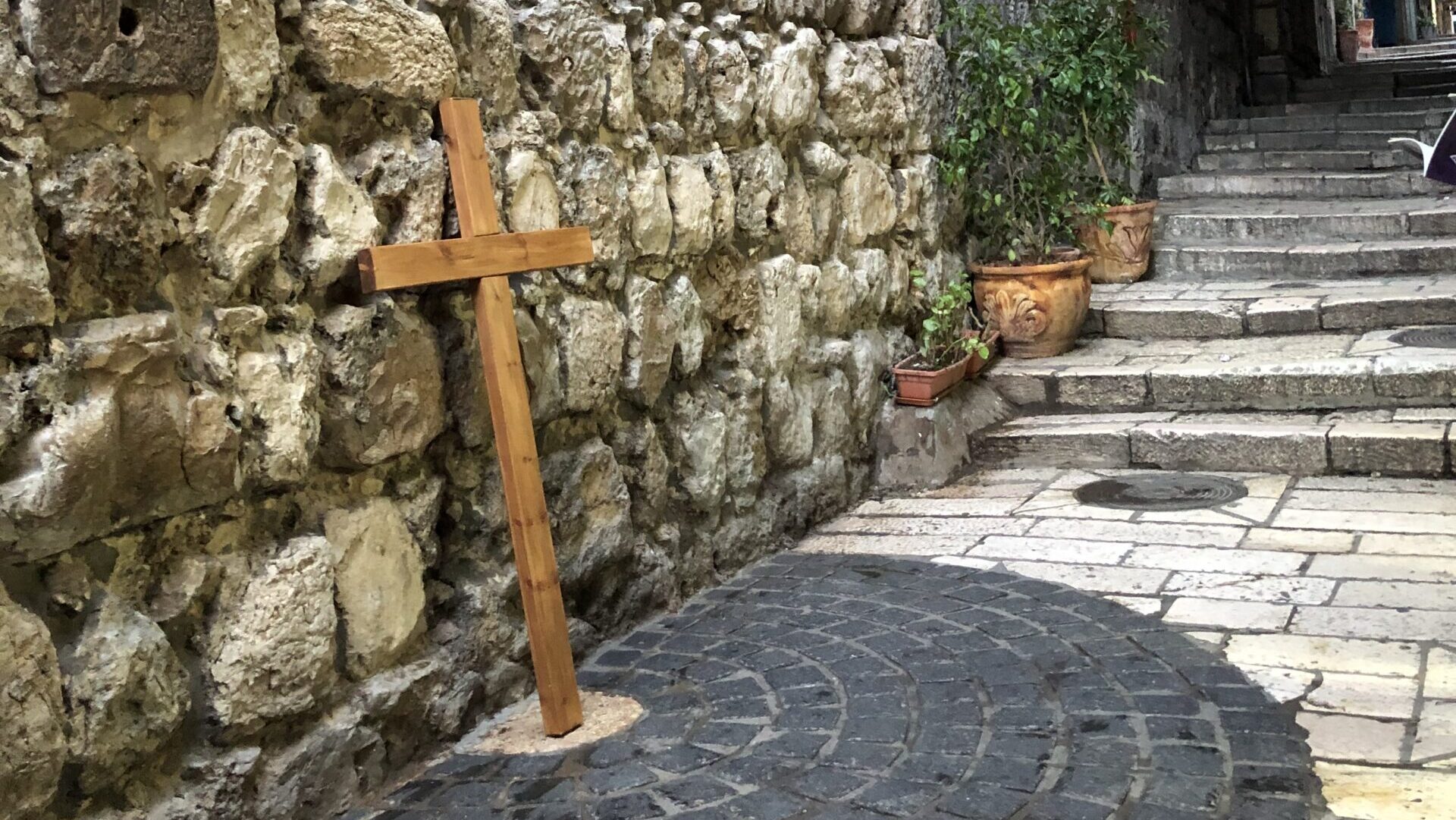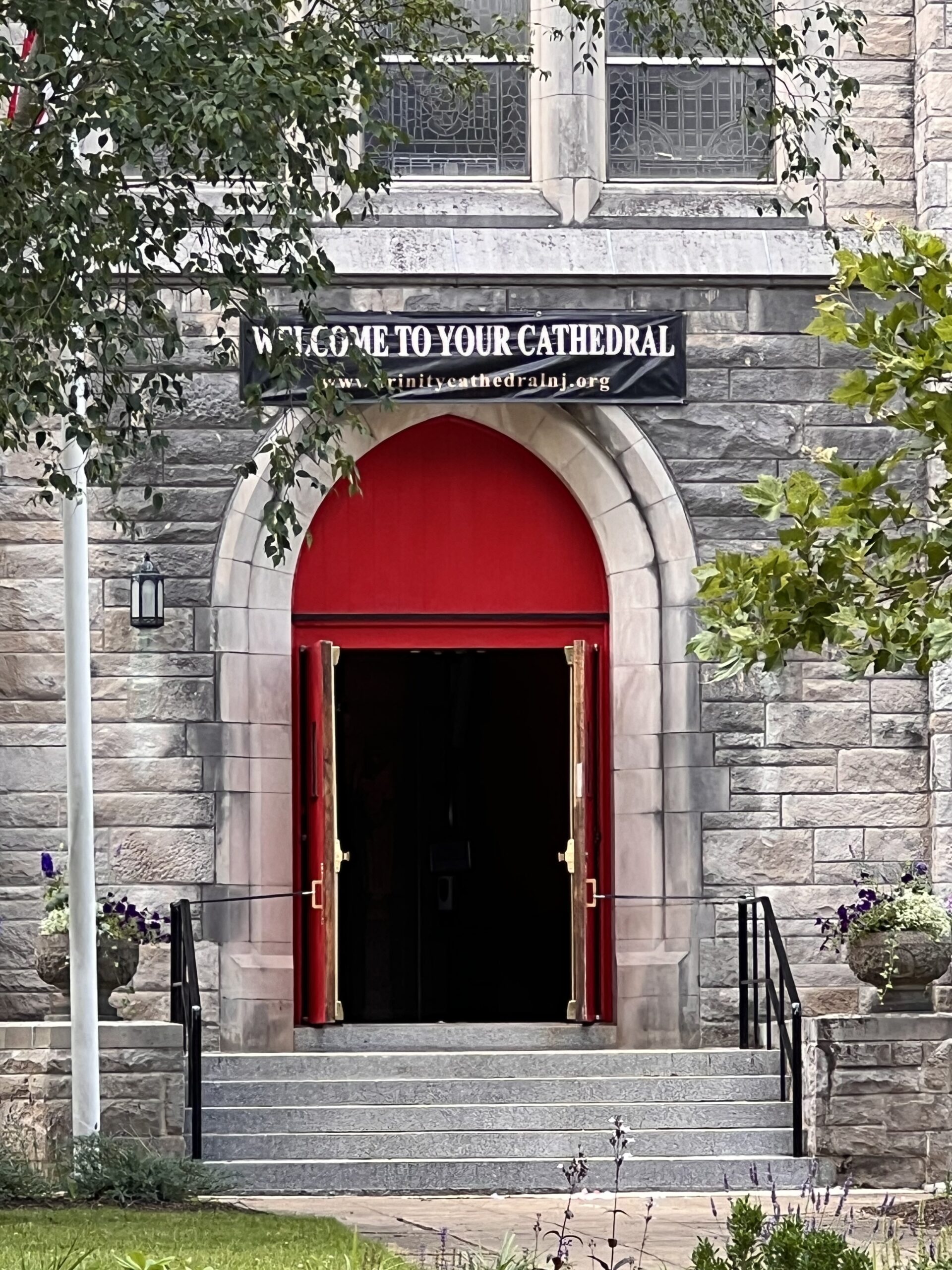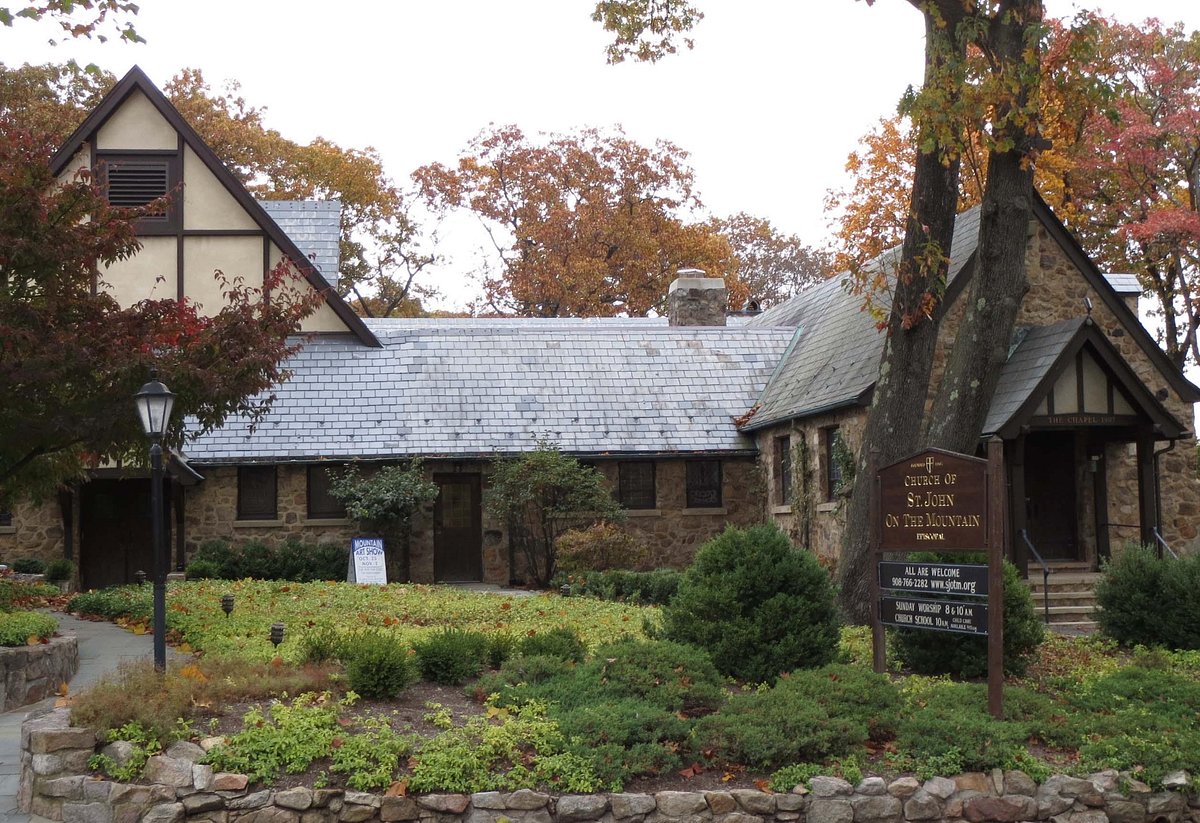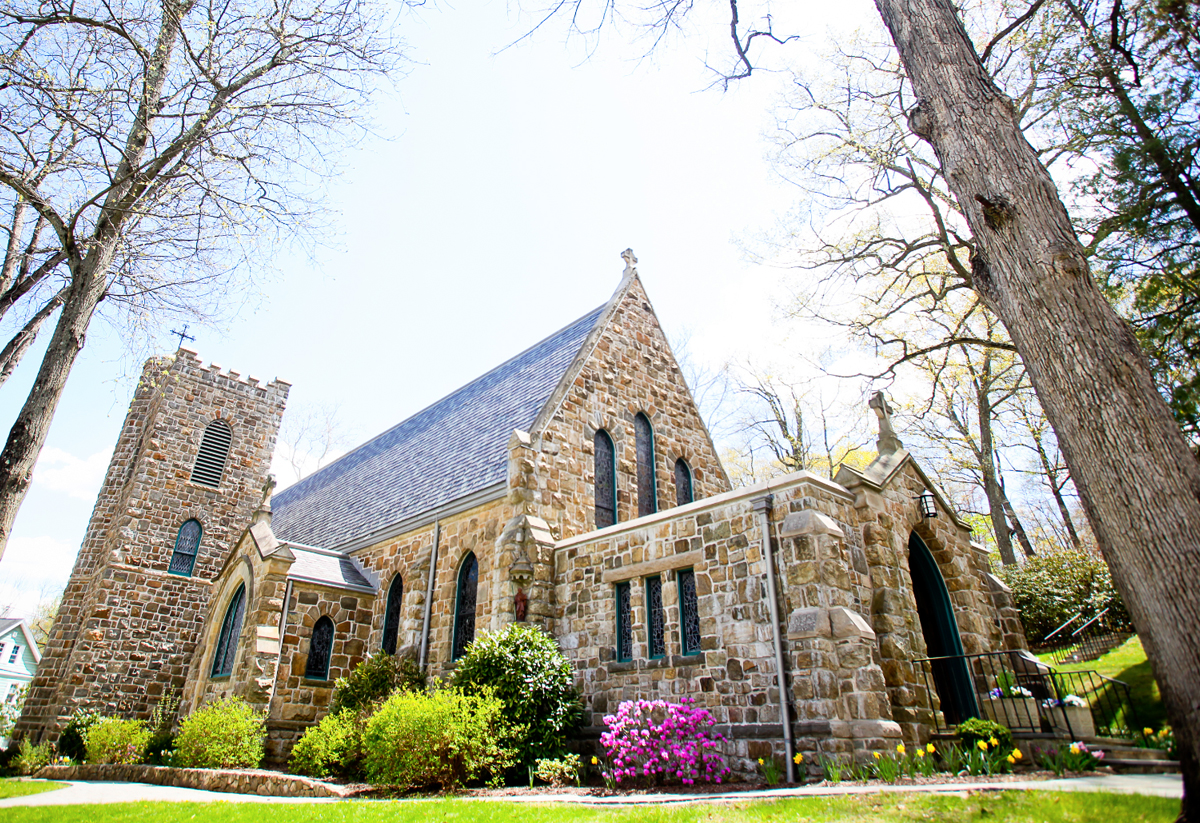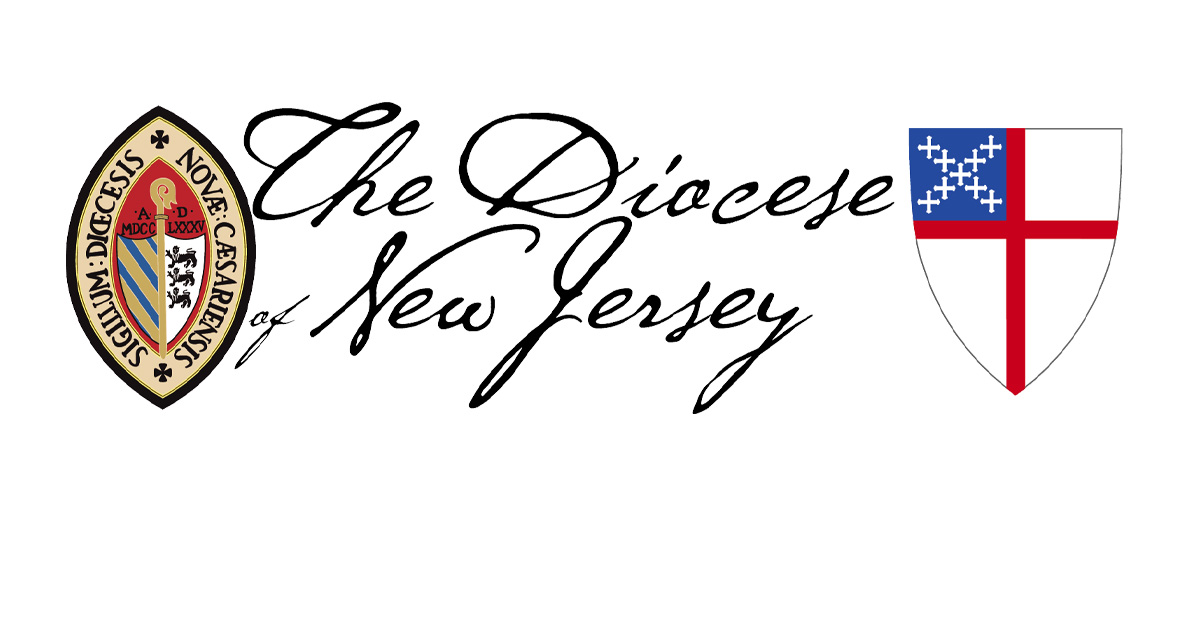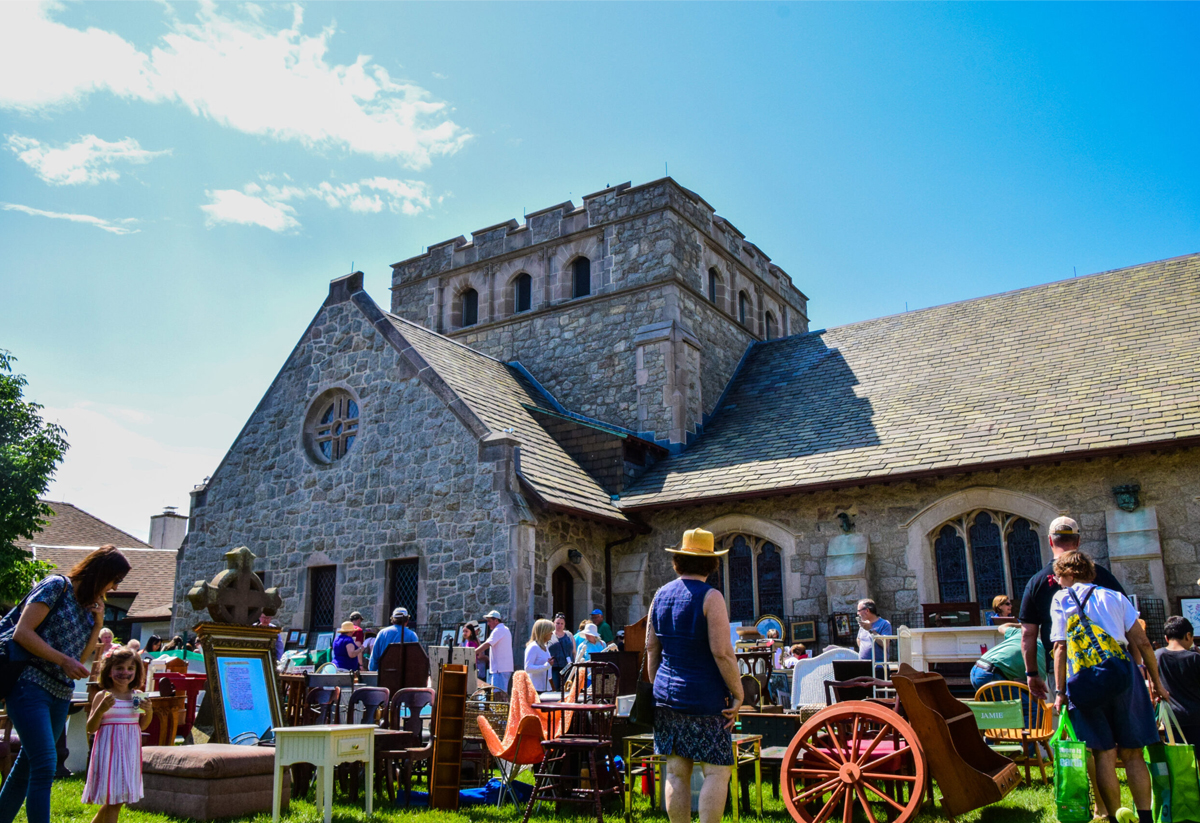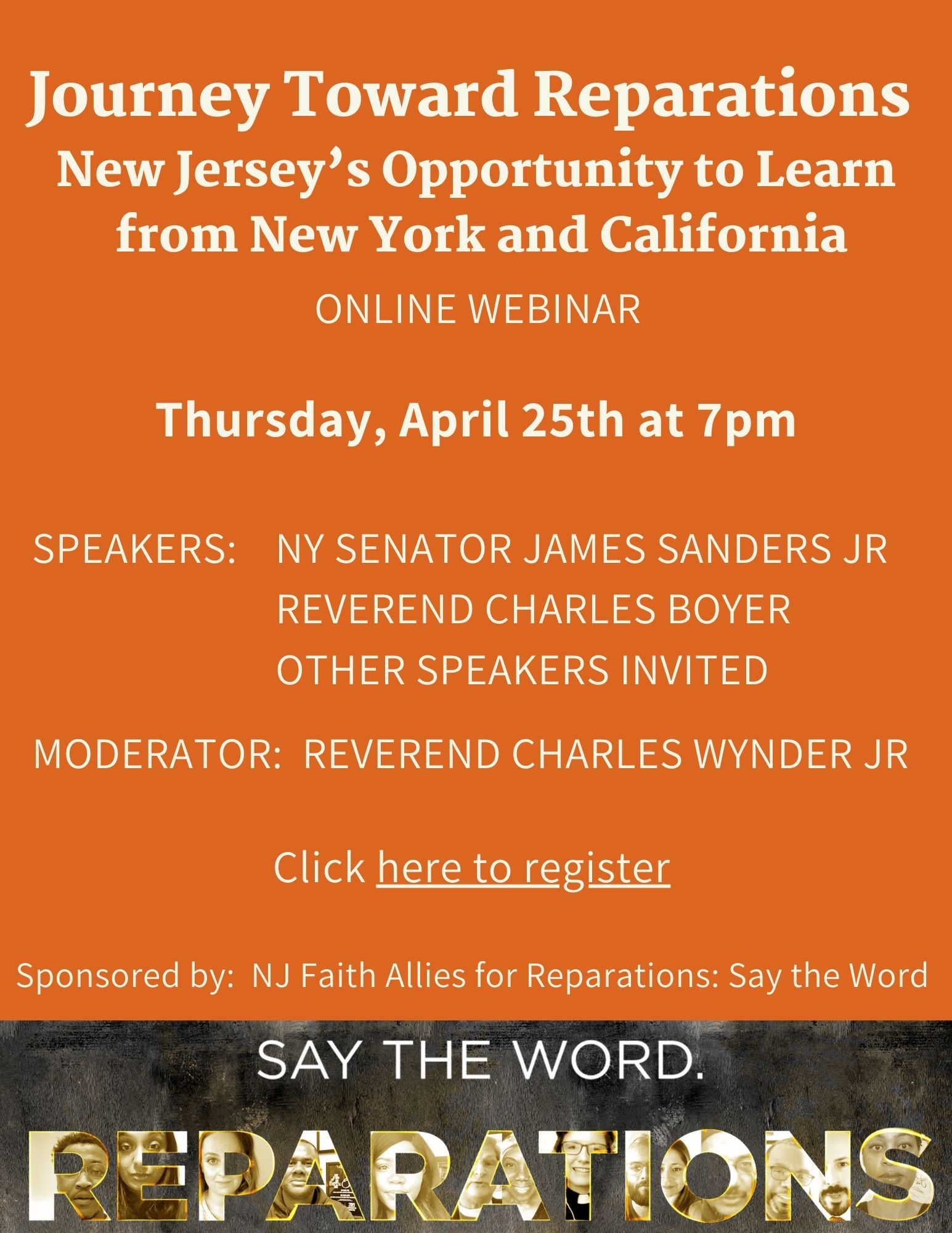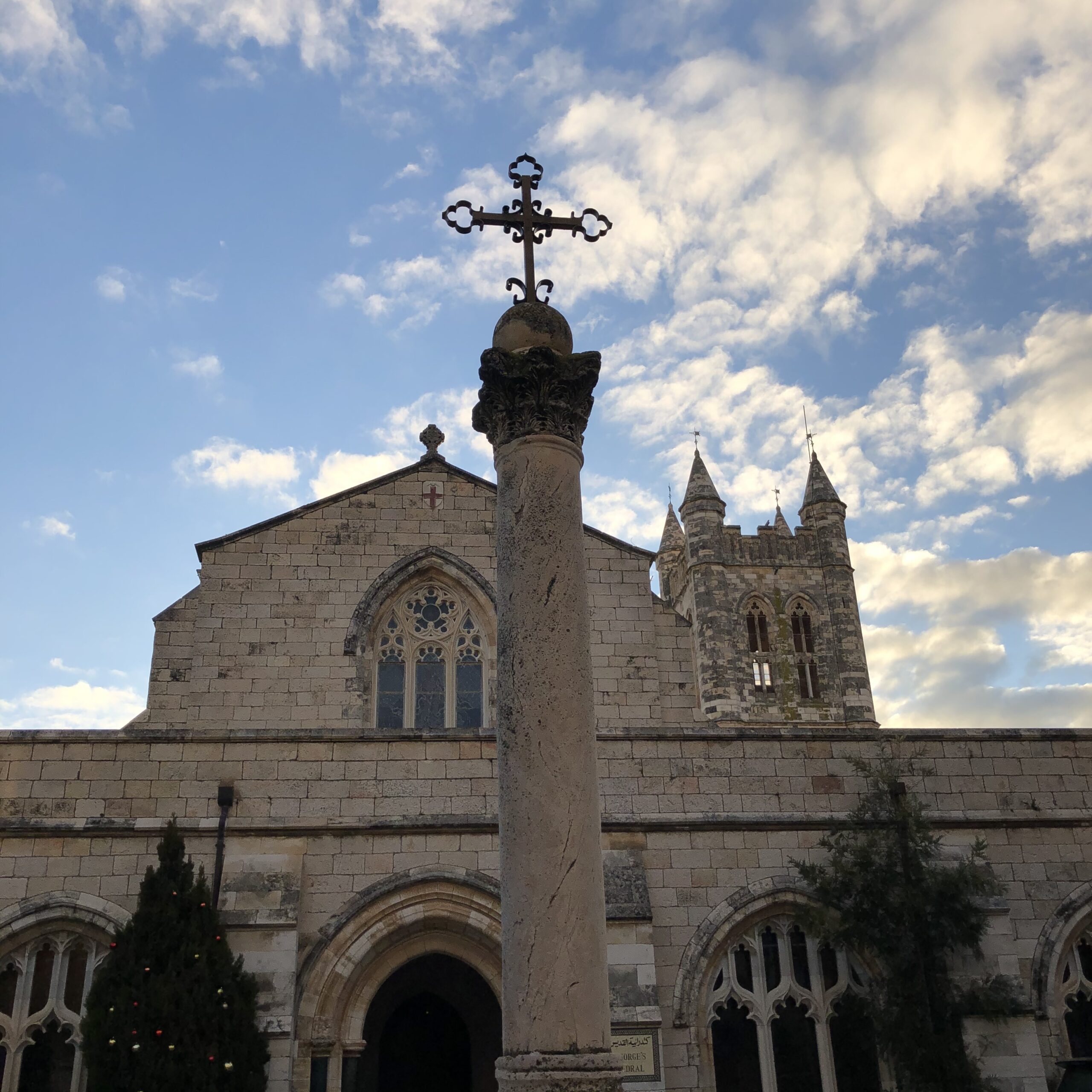 Do you feel called to make a pilgrimage to the Holy Land in 2023? A few spots remain for the May 2-13, 2023 Holy Land Pilgrimage organized by The Rev. Stephanie Shockley of the Church of the Holy Cross, North Plainfield. This opportunity to walk in the footsteps of Jesus and get to know Christians in the Holy Land will take our group from Jerusalem to Jericho, from Capernaum to Nazareth, and countless places in between. Come join our group and be forever changed in the land of the Holy One.
Do you feel called to make a pilgrimage to the Holy Land in 2023? A few spots remain for the May 2-13, 2023 Holy Land Pilgrimage organized by The Rev. Stephanie Shockley of the Church of the Holy Cross, North Plainfield. This opportunity to walk in the footsteps of Jesus and get to know Christians in the Holy Land will take our group from Jerusalem to Jericho, from Capernaum to Nazareth, and countless places in between. Come join our group and be forever changed in the land of the Holy One.In early 2020, before the world shut down, my husband and I went on pilgrimage to the Holy Land. We joined a group led by a seminary classmate, the rector of a parish in Ithaca, NY. I had dreamed of making this pilgrimage for decades, and for years I had looked for the right opportunity. I wanted to see the places where Jesus walked, and get to know the holy city of Jerusalem, the site of so much faith, so much prayer, and so much violence and conflict. I also wanted to learn more about the political situation in that most complex and complicated region and meet the modern-day Christians who live and worship there.
And that is what we did. For 12 days our group explored the Holy Land, praying, singing, learning, and discussing. We walked where Jesus walked. We discovered that the Galilee region, where Jesus grew up and where he spent most of his ministry, is breathtakingly beautiful, a verdant land covered in fields of date palms, mangoes, olives, and grapes. We stood in the desert at dawn, imagining Jesus fasting and praying there. We lit candles in churches large and small, just like millions before us, and with our fingers traced the crosses carved into the walls of the Church of the Resurrection by medieval pilgrims. At the Jordan River we renewed our baptismal vows. In pre-dawn darkness and dreary rain we followed the Way of the Cross as delivery trucks carefully maneuvered around us in the narrow streets.
We met the Christians of the Holy Land, the people who call themselves the Living Stones. They relayed their struggles to us, sharing the hardships of life in a conflict zone. They also blessed us with extraordinary hospitality—everything from delicious falafel and homemade pita bread near Jesus’ birthplace to tiny cups of Arab-style coffee in the garden of a Greek Orthodox church on a mountain. We joined congregations in the celebration of the Eucharist in English and Arabic, and once a Syriac Christian prayed over us, offering the Lord’s prayer in Aramaic, the language of Jesus. Our guides were also Christians, a family of Palestinian Anglicans. They led our journey with humor, thoughtfulness, and patience, taking delight in answering our endless questions.
Through the challenges of the pandemic, I have thought of the lessons of the pilgrimage. One of the reasons people make pilgrimages is to experience the presence of God in a new and different place. The interesting thing about that is that somehow, pilgrimage makes it easier to recognize that God was there, all along, in our usual surroundings.
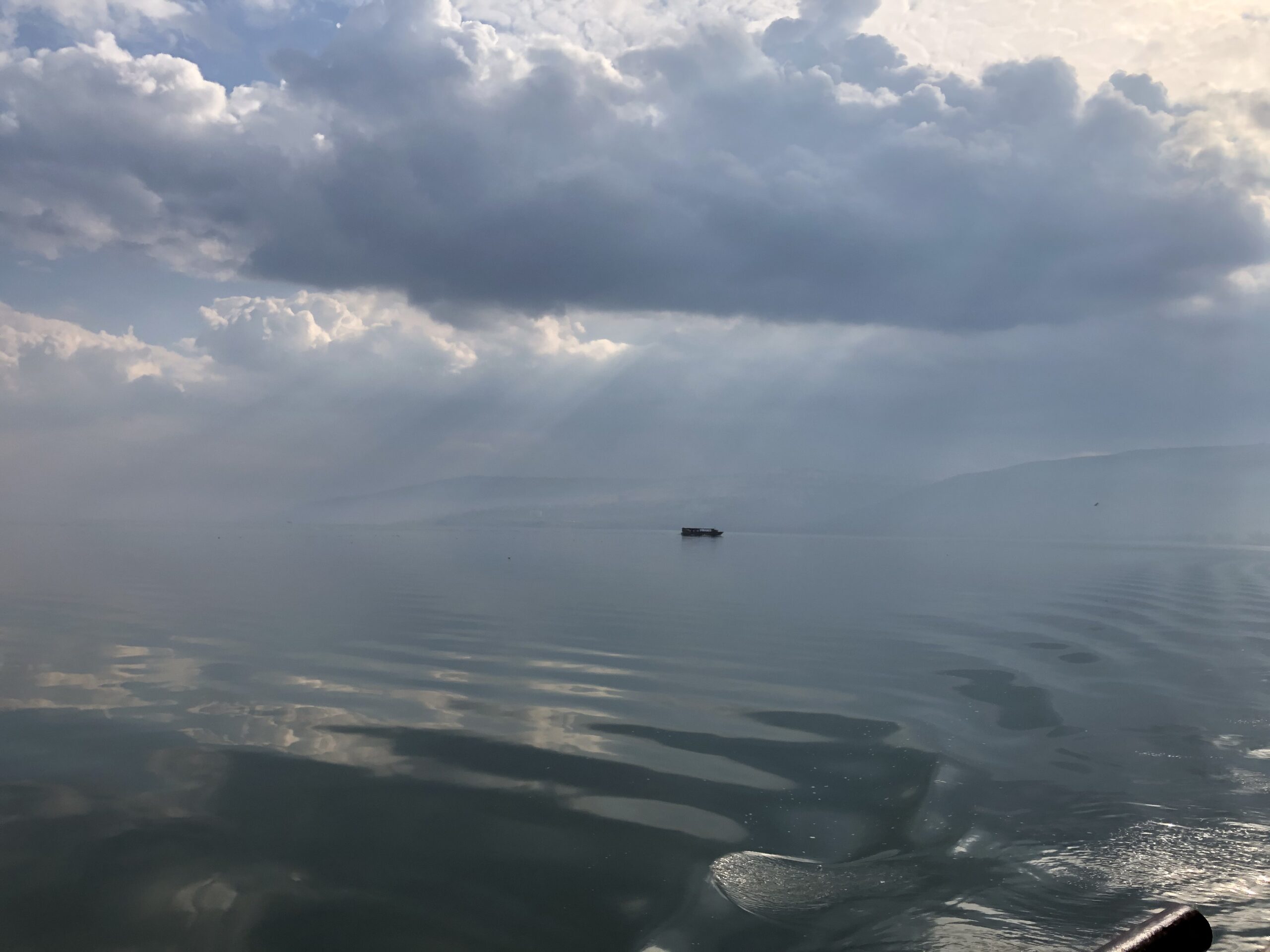
This is true of Holy Land pilgrimage. The Holy Land is sacred to three of the world’s religions, and it is where Jesus Christ lived, ministered, was crucified, and was resurrected. But one should not confuse “holy” with perfect. The Holy Land is a complex place, torn by conflict. It was impossible to ignore the contemporary situation while traveling there, even if we had wanted to. And yet, amid it all, God was still there. Jesus walked alongside us. That, for me, was what made it most holy. God was right there, in the middle of harsh reality. And I was reminded, over and over again, of all the struggles and conflicts closer to home, of the healing reconciliation needed not just in a place thousands of miles away but also in our own neighborhoods, our own lives. The Holy Land reminded me that God is with us here too, offering hope in the broken places in our own part of the world.
I long to return to the land of the Holy One, as so many there call it. From the moment we arrived home I thought about making plans to return, and to bring others on that transformative journey.
Will you join us? A pilgrimage to the Holy Land, staying at the wonderful pilgrim guest house at the Episcopal Diocese of Jerusalem, led by the same local Christian family, is scheduled for May 2–13, 2023. The invitation is open to the diocese, and spots are limited, so it is best to register soon.
For more information, contact me, the Rev. Stephanie Shockley, via email or call the Church of the Holy Cross office 908-756-2438.

